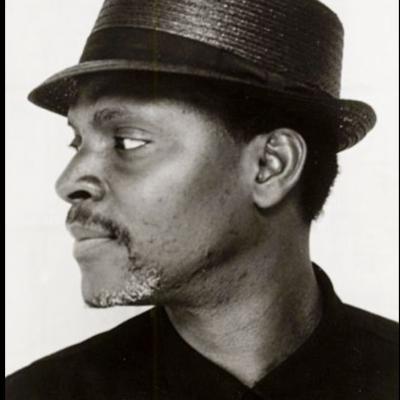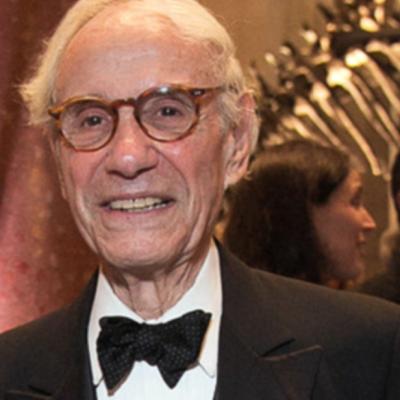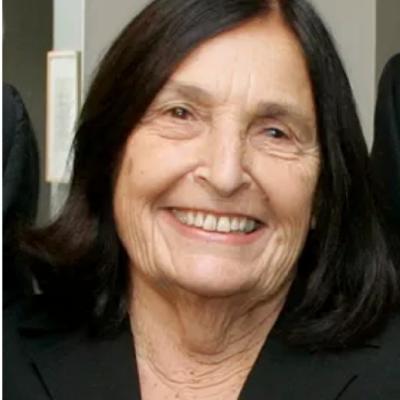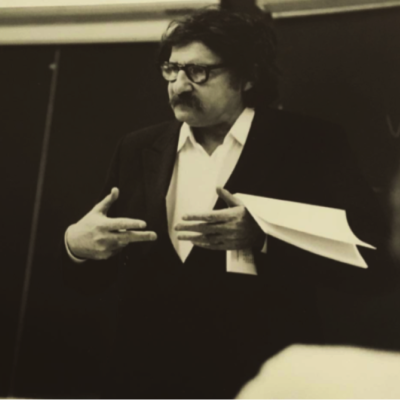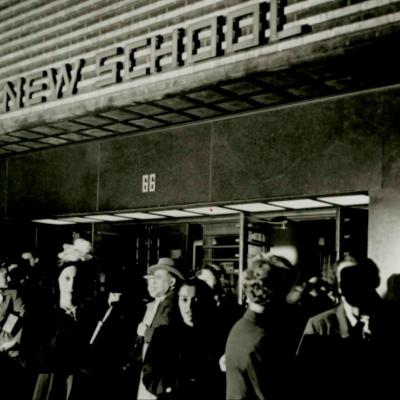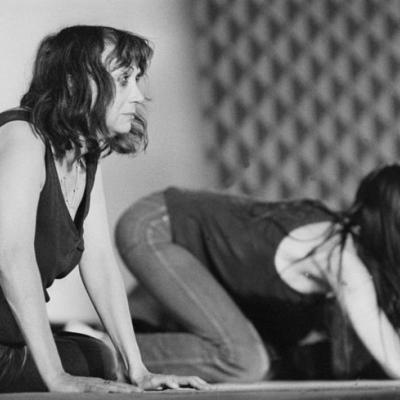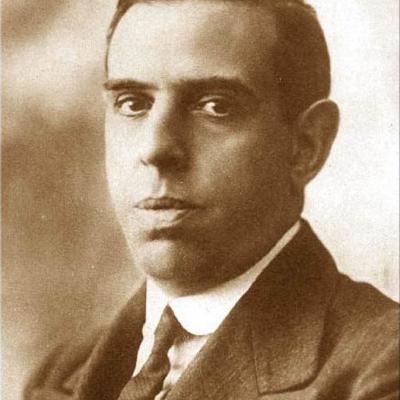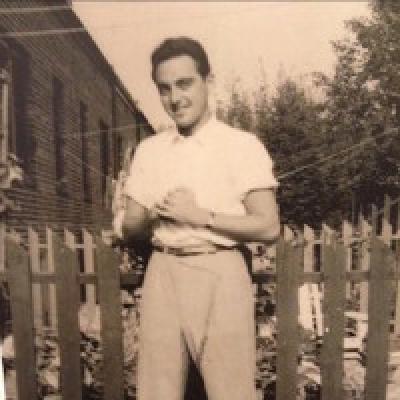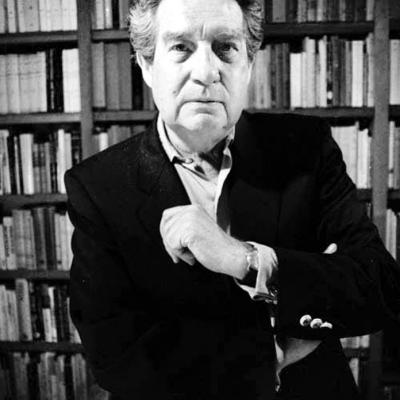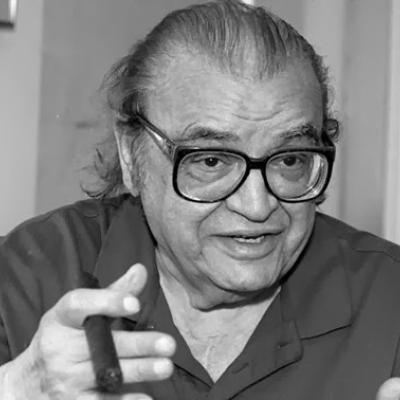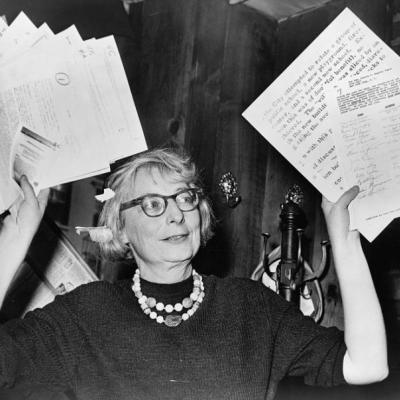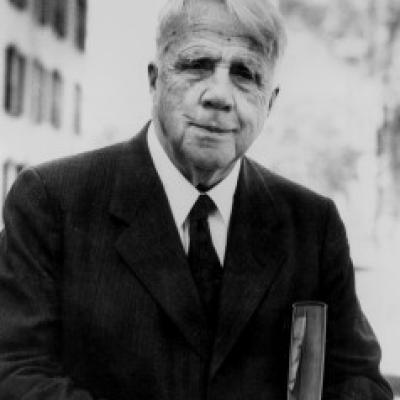Category: Writing
Book Reviews: Social Sciences
Buckley Offit, the author's father, was once described as "the biggest bookmakers in Maryland, maybe the entire United States of America". One of his son's first memories is of Buckley fighting off a kidnap attempt; later he remembers his father buying his way out of a gambling rap.
Sekou Sundiata
Sekou Sundiata (1948-2007), born Robert Franklin Feaster, was a well known poet and writer. When he developed a love of poetry as a teenager, he changed his name, drawing influence from Sekou Toure, Ghana’s most famous president, and Sundiata from Sundiata Keita, king of Mali-Baraka.
Sidney Offit
Sidney Offit was apart of the New School’s Writing Department in the 1960s. You can read more about him here.
Lyric Citizenship in Post 9/11 Performance: Sekou Sundiata’s the 51st (dream) State
In June 2004 Sekou Sundiata addressed a national gathering in Pittsburgh, “Diversity Revisited/A Conversation on Diversity in the Arts.” Sundiata’s speech, “Thinking Out Loud: Democracy, Imagination, and Peeps of Color,” makes explicit the fact that he shared the meeting’s general imp
Arien Mack
Arien Mack has been a professor of psychology at the New School for Social Research since 1970, and still teaches today in the Adult Bachelor’s division. You can read more about her here.
Memoir of the Bookie’s Son Review
The central and most imponderable mystery of most men's lives is this: Who is my father? The second part of the equation is: And does he love me? Many of my own male friends have spent a lifetime trying to figure out just who that stranger is or was.
The Death and Life of Great American Cities
Reformers have long observed city people loitering on busy corners, hanging around in candy stores, and bars and drinking soda pop on stoops, and have passed a judgment, the gist of which is: "This is deplorable!
Goliath—The March of Fascism
There is no Italian Race. Many bloods are intermingled in the population crowded between the ridge of the Alps and the shore of the African sea. Even the geographical concept of Italy is fairly recent.
Stanley Diamond
Stanley Diamond was an anthropologist and poet who founded The New School’s graduate anthropology program in 1970.
History of the Journalism Program at The New School
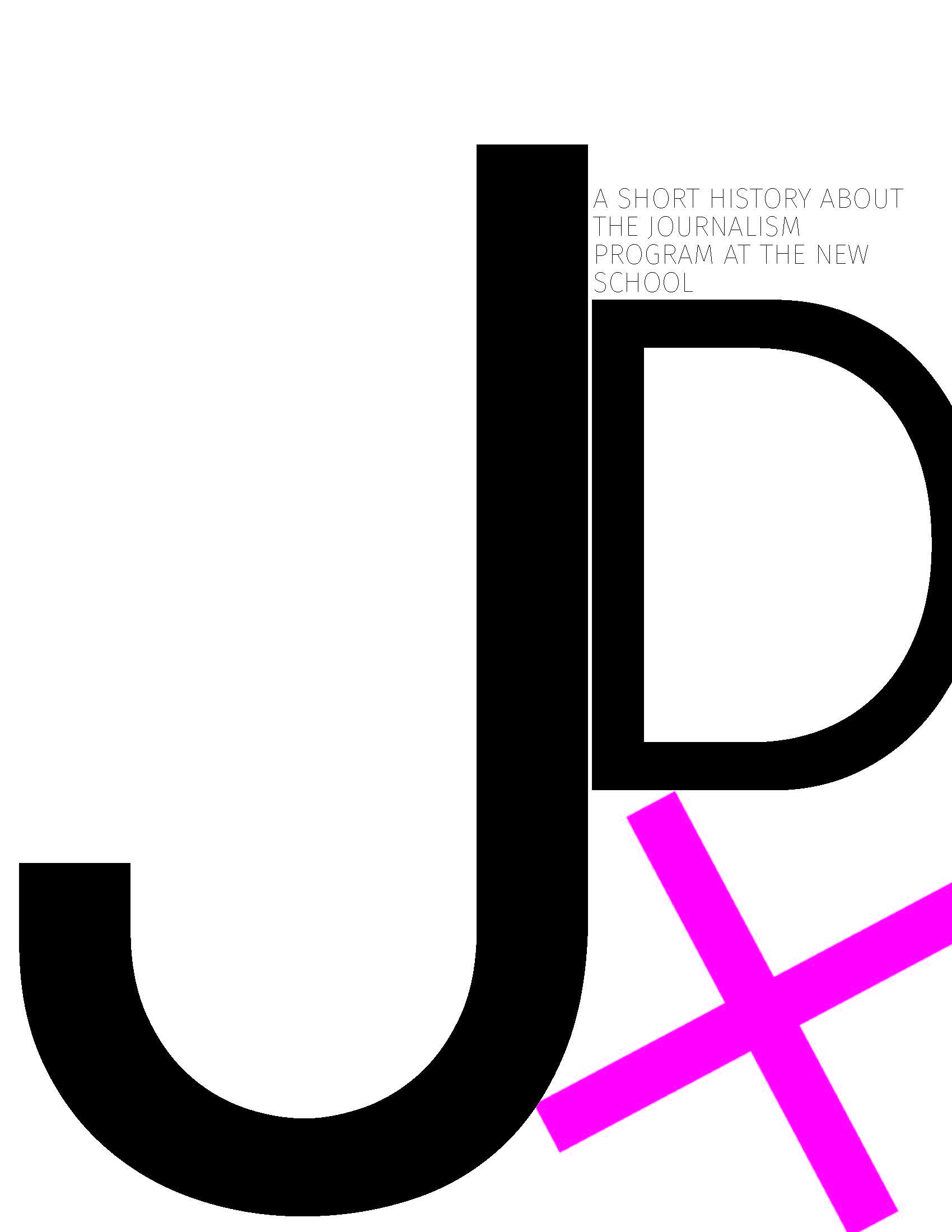
Giuseppe Borgese
Giuseppe Antonio Borgese was born in Polizzi Generosa, Palermo, on November 12, 1882 and died on December 4, 1952. He was initially drawn to the school of philosophical idealism headed by Benedetto Croce.
A Creative Writing Class Changes a Life
Warren Adler took at creative writing class at the New School in 1949, and it changed his life. Story here.
Octavio Paz
Octavio Paz was born into a family of writers on March 31, 1914, in Mexico City. In 1933, he published his first collection of poems, Luna silvestre. Several years later, he founded and edited a literary magazine called Taller.
Mario Puzo
Italian-American writer Mario Puzo, who is most famously known for writing The Godfather (1969), was born in the Hell’s Kitchen area of New York City in 1920. During his childhood, he often dreamed of becoming a writer.
Jane Jacobs
Jane Jacobs (1916-2006) was an author, journalist, and urban theorist who transformed the way that urban developments were constructed in American cities. In 1935, she moved from her hometown of Scranton, Pennsylvania, to Brooklyn, NY.
Robert Frost
Robert Frost (1874-1963) was a well known poet and literature professor, teaching at Amherst College (1917), the University of Michigan (1922), the University of Vermont (1923), Yale University (1923), Middlebury College (1924), and Bowdoin College (1926).
The Last Don
A week after the death of Athena’s violent, vengeful ex-husband, Boz Skannet. Cross De Lena received a dinner invitation to Athena Aquitane’s house in Malibu through his sister Claudia.
Commencement Speech
First of all, welcome—parents, grandparents, siblings, cousins, and every member of every kind of extended family. So, here you are at last, class of 2010, about to graduate. But from what? First of all, of course, from a lifetime of being students.
Collected Poems
Fly Fishing
I didn’t know all the rules I was breaking and inventing as love, turning into a river, turned away and left the countryside for the more familiar city.
Kafka Was the Rage: A Greenwich Village Memoir
My life, or career, in Greenwich Village began when Sheri Donatti invited me to move in with her. Invited is not the right word, but I don’t know how else to describe it. I had just come out of the army and I was looking for a place I could afford when I met Sheri at a party.
How to Die in America
Slip away go to the end of the line and keep going make sure you’re alone and unknown go by bus, train or plane just keep going don’t let them know
How to Treat a Woman
hips, thighs, hindquarters grapefruits in grocery bags skin cells osteoporosis, presbyopia estrogen Snow won’t fall in that crystal ball memory hair, fur, face, chin spots poundage A peep is a sound Bed, sciatic muscle, sex color, sweat.
A Portrait of the Hipster
As he was the illegitimate son of the Lost Generation, the hipster was really nowhere. And, just as amputees often seem to localize their strongest sensations in the missing limb, so the hipster longed, from the very beginning, to be somewhere.
A Boy’s Will: Excerpts
Oh, give us pleasure in the flowers today;
And give us not to think so far away
As the uncertain harvest; keep us here
All simply in the springing of the year.
Norman Mailer: The Angry Young Novelist in America
Norman Mailer’s latest production, Advertisements for Myself, is a painful book to read not because the author is so grimly determined to unburden himself of all his grievances and resentments but because he reveals an aspect of himself as a writer that is not pleasant to contemplate.
“The Play’s the Thing”: A Polemic
Though other literary forms wax and wane, the novel, short story, diary, epic and such forever suffering favor or oblivion at the hands of the reading public, plays, it seems, are always out of fashion; unread by all but the very few, those generally drama students, sui generis, indef
Shakespeare
Auden gave the following mimeographed final examination in his Saturday afternoon class for the students taking the course for credit in the fall term. Part B of the examination, which Ansen wrote in by hand with the comment “unexpected,” was dictated by Auden in class.
